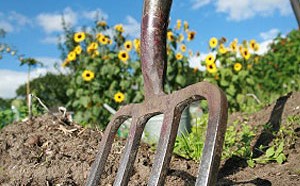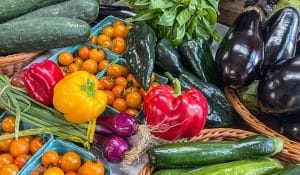
The Farm Bill Impacts How Food Is Grown and What People Eat
The Farm Bill Impacts How Food Is Grown and What People Eat
- posted on: May 29, 2018
- posted by: Robin Crowder
"*" indicates required fields

The United States Farm Bill, a massive piece of federal legislation, is authorized every five years and has been estimated at well over $400 billion dollars within the most recent period, 2014-2017. The Bill encompasses farm subsidies, crop insurance, land conservation programs, research funding and other programs.

In addition, the Supplemental Nutrition Assistance Program/SNAP (formerly Food Stamps) which provides resources to food-insecure people encompasses a significant portion of the Bill; more than 80% of the bill’s total cost going to help feed families, children, seniors and the disabled.
You may have heard mention of the Farm Bill in the news recently as the House of Representatives just defeated a draft Farm Bill with a bipartisan vote. This latest draft had major provisions to cut programs, including a proposal to eliminate $20 billion from the SNAP program, sending advocacy groups scrambling to inspire constituents to call their representatives to express their opinion. Washington State’s Anti-Hunger and Nutrition Coalition is an informative source on advocacy related to the Farm Bill. They provide well-articulated resources about how the Farm Bill affects not only citizens across the US, but those here in our state.
It’s important to know that the Farm Bill significantly impacts our food system as a whole, including how food is grown, what kinds of foods receive government support, which environmental programs related to agriculture are funded and how much money there is to support hunger relief like SNAP. Because the Farm Bill is so large and comprehensive, it can be difficult to understand what it includes and how far-reaching its implications are.. It’s essential, however, for us all to be aware of the role that the Farm Bill plays and be cognizant of this significant legislation. As constituents, let your elected officials know how you feel about the Farm Bill programs. They need to hear firsthand from you.
For more information about the Farm Bill, and its specifics, the National Sustainable Agriculture Coalition is a great place to turn to for details.










 back to blog overview
back to blog overview








